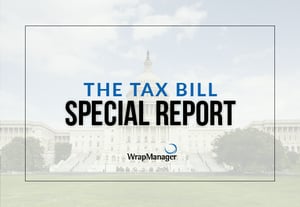When we talk about saving and investing for the future, the conversation usually steers quickly towards retirement planning – IRAs, 401(k)s, pensions, Roth IRAs, and so on. After all, retirement is when all of your careful saving, well-intentioned investing, and hard work pays off. It’s when you’re finally supposed to be able to live the good life.
But investing isn’t always about retirement planning. Nor should it be. While it’s true that many people share the same goal of retiring with financial security, there are myriad of other life goals that require careful saving, planning, and investment returns.
J.P. Morgan Asset Management created a graphic that effectively illustrates this point:
[+] Read More


















